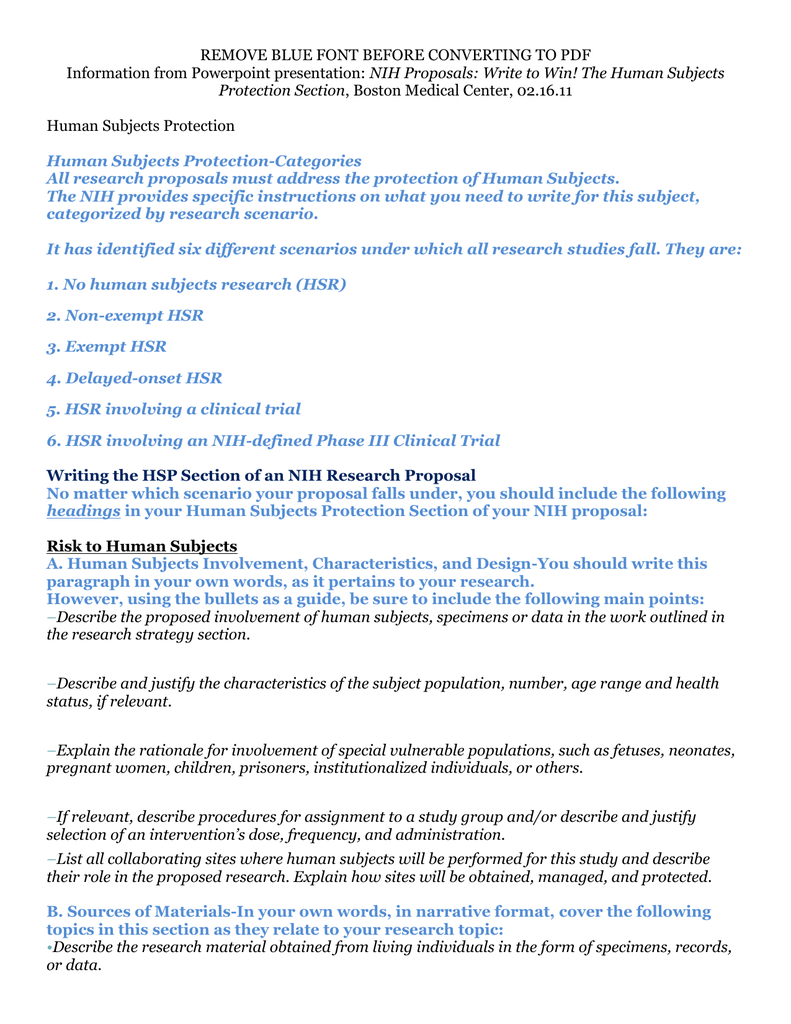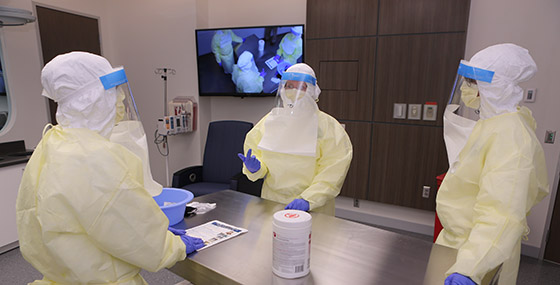
You may contact Salus IRB at any time before, during or after your participation with questions, comments or concerns.Īn institutional review board, also called an independent review board (IRB), is a group of people (or a “board”) who review research to ensure that it will be conducted in a way that protects the rights, safety and welfare of research participants.

If your family doctor is part of the research study, you may discuss your care with another doctor who is not part of the research study. You may take your time making this decision and discuss it with a friend, family member or your family doctor and the research team, should you choose. After all your questions have been answered, you may then decide whether or not you choose to participate. You should not agree to take part in a research study until your questions have been answered to your satisfaction. You are encouraged to ask as many questions as necessary before, during and after taking part in any research study. If you have questions about the research‑related procedures, contact the study doctor or a member of the research team. If you decide to participate in the research study and sign the informed consent document, please keep it in a safe place for reference. Once all of your questions have been answered and you have acknowledged that you are informed about the information above, you are able to decide whether or not to participate and give consent.
Protecting human research participants how to#
How to seek medical care if there are complications.For treatment studies, any alternative treatment options that are available and their relative risks and benefits.Any potential benefits that can reasonably be expected.Any risks or discomforts that are known and can be expected.The procedures to be followed and any drug or device that will be used.The purpose of the research and what is being tested.Before making your decision, you should ensure all your questions have been answered completely and that you understand the following: Taking part in a study is an individual choice you may choose not to participate in a study. These three principles are at the forefront of every decision made by Salus IRB. Selection of participants should be equitable so that benefits and burdens are shared at both the individual and societal level. Justice requires that the benefits and burdens of research be distributed fairly.

The principle of beneficence underlies the need to engage in a risk/benefit analysis and to minimize risks. Beneficence entails an obligation to protect persons from harm by maximizing anticipated benefits and minimizing possible risks of harm.At the same time, appropriate protection must be offered to persons with diminished capacity for self-determination. Potential research participants should be treated as individuals capable of deliberate judgment they must be given the opportunity to be fully informed about, and to choose voluntarily and without coercion, what will or will not happen to them. The principle of respect for persons underlies the need to obtain informed consent.


In addition to following federal regulations, industry standards and internal policies, Salus IRB employs three basic ethical principles of “ The Belmont Report, Ethical Principles and Guidelines for the Protection of Human Subjects in Research” when evaluating research: respect for persons, beneficence and justice.


 0 kommentar(er)
0 kommentar(er)
